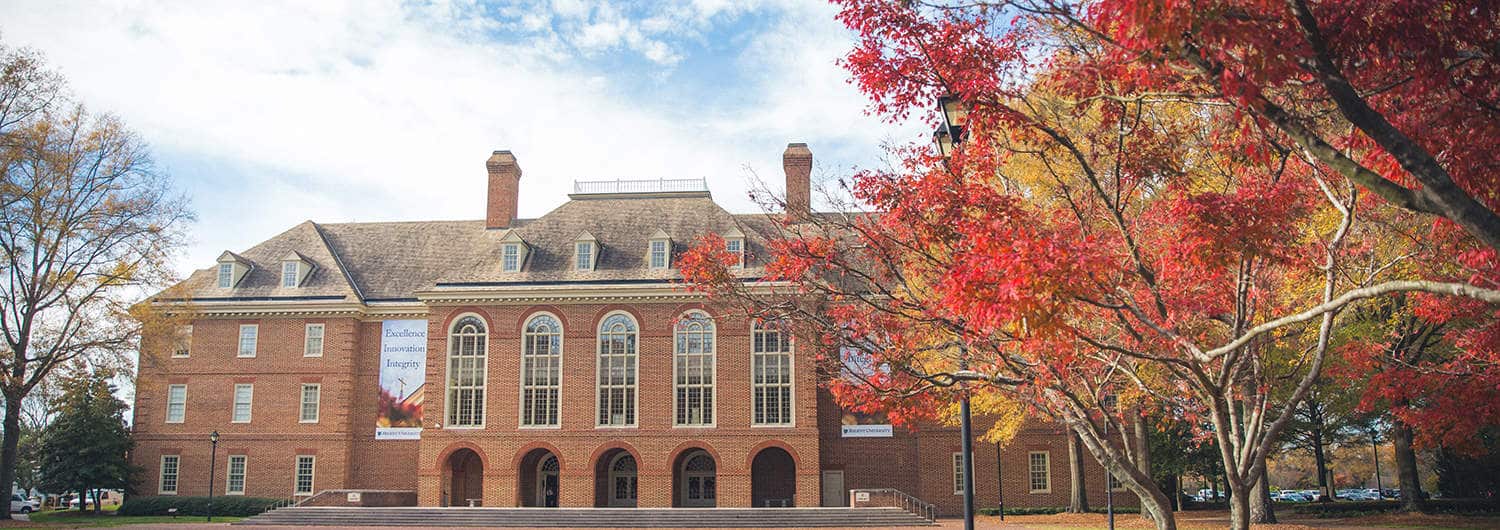
Jeremy Larson, Ph.D.
Bio
Jeremy Larson studied creative writing and English at Bob Jones University, later earning his Ph.D. in English from Baylor University. He has taught English for almost two decades at various secondary schools, colleges, and universities—including Charleston Southern University, Baylor University, and Regent University. His favorite literary work is John Milton’s Paradise Lost, and he enjoys the contemporary work (mostly YA fantasy) of N. D. Wilson. He has played trumpet and soccer for many years (though not at the same time) and continues to play, whenever possible, with enthusiastic mediocrity.
Publications
"Temperance and the Felix Culpa in Paradise Lost." Critical Insights: Paradise Lost, edited by Robert C. Evans, Salem Press, 2019, pp. 166–83.
"Revealing True Warfare: Courage and Its Deceptive Appearance." Critical Insights: Paradise Lost, edited by Robert C. Evans, Salem Press, 2019, pp. 151–65.
“Fantasy as Realism: N. D. Wilson and the Influence of Mythology.” Teens and the New Religious Landscape: Essays on Contemporary Young Adult Fiction, edited by Jacob Stratman, McFarland & Company, 2018, pp. 25–44.
“How Should We Then Mock?” Christ and Pop Culture, vol. 2, no. 20, 2014. Web.
“Embracing Popular Culture’s Fascination with Mythology.” Pro Rege, vol. 41, no. 3, 2013, pp. 23–30.
“Samuel Johnson and Presbyterianism.” Pro Rege, vol. 40, no. 3, 2012, pp. 18–30.
Affiliations
MEMBERSHIPS
Conference on Christianity and Literature
Sixteenth Century Society and Conference
South Atlantic Modern Languages Association
South–Central Renaissance Conference
RESEARCH INTERESTS
Seventeenth-century literature
Reformation history and theology
Classical rhetoric
Secularization theory
Inklings studies
TEACHING PHILOSOPHY
I teach reading and writing. These areas may sound elementary, but they are foundational for the noble goal of “repair[ing] the ruins of our first parents,” as Milton writes in “Of Education.” Reading involves the appreciation and interpretation of written communication, which God is no less concerned with than other aspects of his creation. He did, after all, give us a book. In one of my classes, students read the Genesis 1 narrative, observing its structure and style, and we discuss how the end of the chapter has contributed to current cultural attitudes about human dignity and vocation. As I mentor students in the art of careful and charitable reading, I am both shaping their desire for soul-feeding narratives and urging them toward the daily practice of recognizing their own participation in the story that God is telling.
Teaching writing, likewise, is a way to form the character of students by helping them to recognize clear writing as an act of love for their neighbors. Those who wield rhetorical tools with skill hold enormous influence in society. This reality, of course, is why students’ desires must be shaped by the best stories—so that their own stories promote virtue and the common good. In his review of J. R. R. Tolkien’s The Lord of the Rings, C. S. Lewis writes, “As we read we find ourselves sharing their burden; when we have finished, we return to our own life not relaxed but fortified.” I want students to be challenged and strengthened by what they read so that they can write with strength, not to manipulate others, but to serve as winsome representatives of their Creator.
Awards
2017: Graduate Student Travel Fellowship, South-Central Renaissance Conference: “False and True Courage in Book 5 of Paradise Lost”
2013: First place award, graduate category, The C. S. Lewis & Inklings Society: “The gold is God’s, wherever it is found: An Augustinian Reading of J. R. R. Tolkien’s ‘Mythopoeia’”
2007: Third place award, Christian Worldview Essay Contest, The Trinity Foundation: “Gordon Clark’s Successful Essay on Education”


